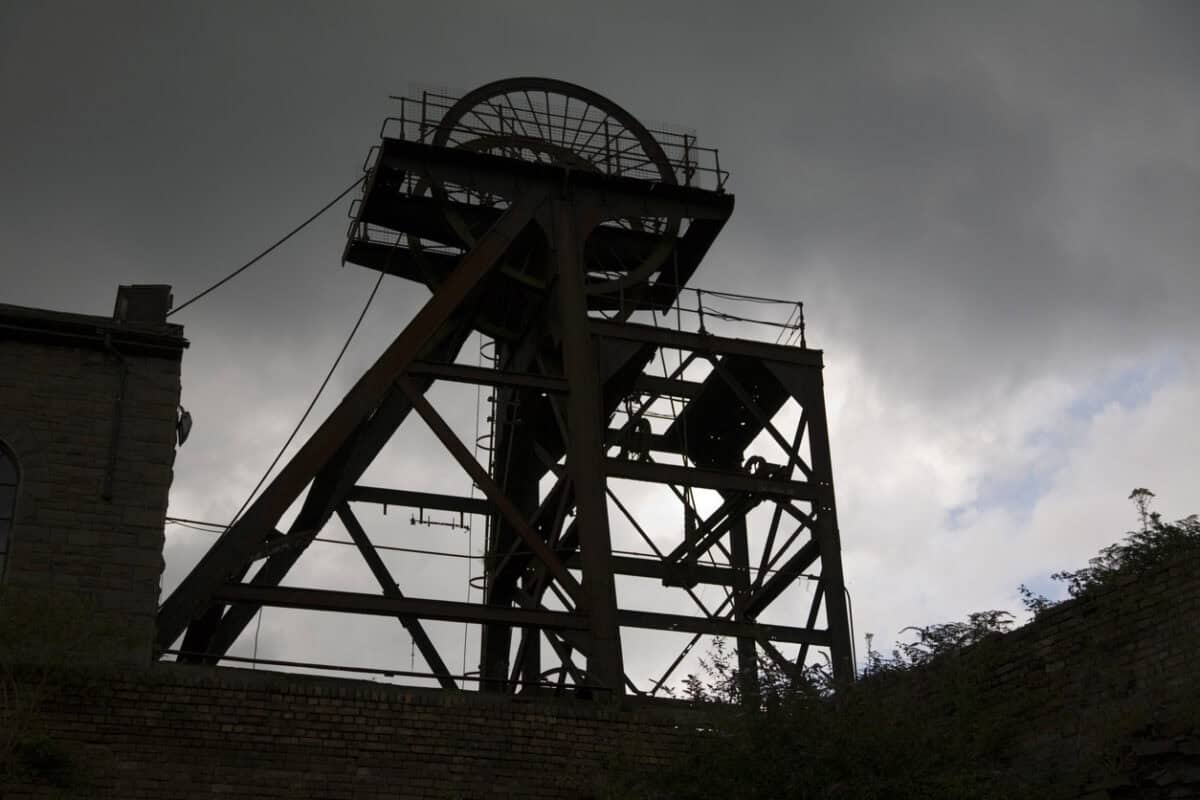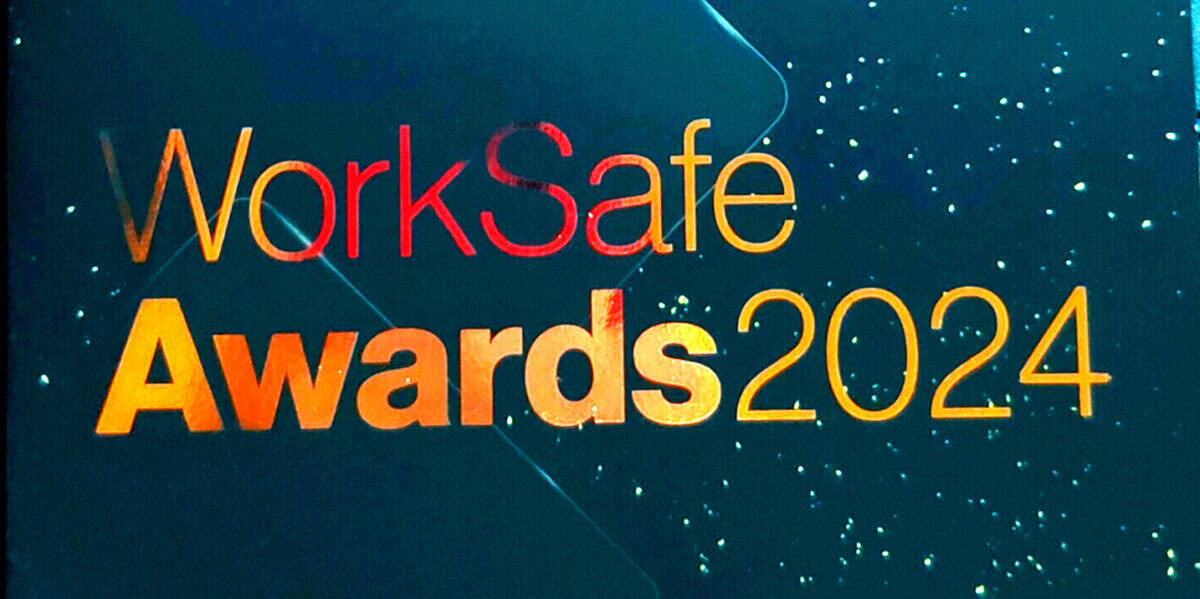My great uncle dug into coal mine tailings with his bare hands to try and rescue the school children and teachers buried during the Aberfan disaster. His own grandchildren died. Both of my grandfathers suffered from lives spent underground; they both died young, one from lung cancer and silicosis.
For me, all safety is political. It always has been. It’s not party-political – but it can be. It’s political in the sense that all decisions in every aspect of our lives are a function of power and authority.






